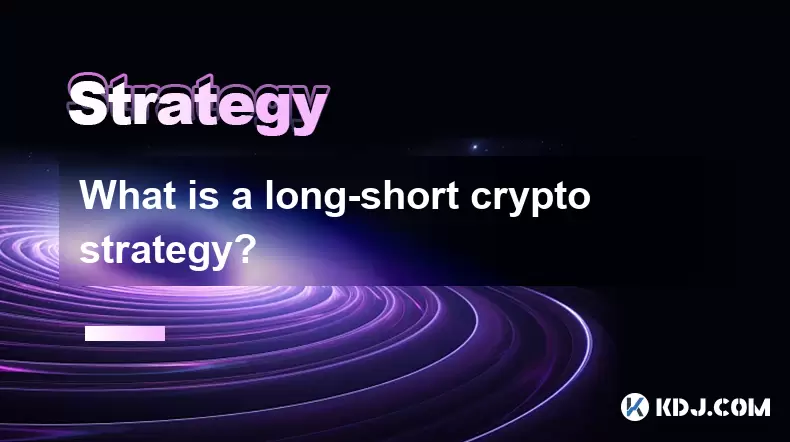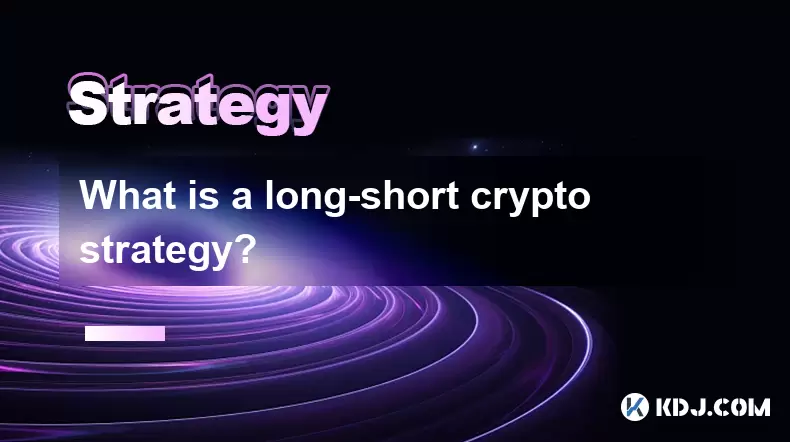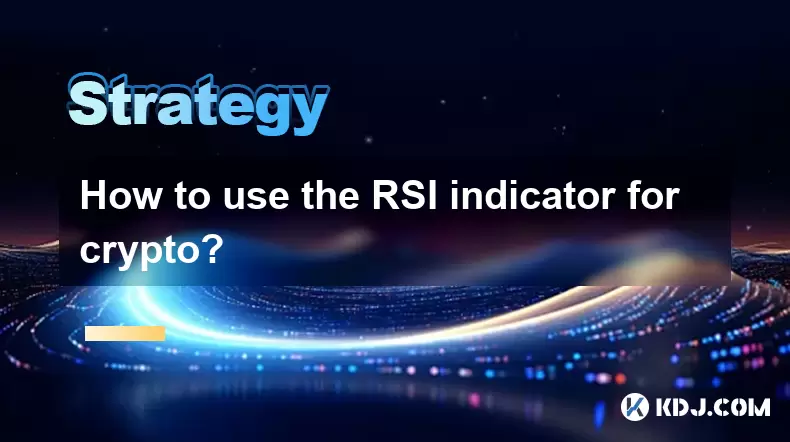-
 Bitcoin
Bitcoin $118000
-1.29% -
 Ethereum
Ethereum $3758
-3.52% -
 XRP
XRP $3.113
-5.04% -
 Tether USDt
Tether USDt $0.9998
-0.05% -
 BNB
BNB $818.5
-3.23% -
 Solana
Solana $181.9
-5.10% -
 USDC
USDC $0.9997
-0.04% -
 Dogecoin
Dogecoin $0.2239
-8.33% -
 TRON
TRON $0.3233
0.95% -
 Cardano
Cardano $0.7842
-6.81% -
 Hyperliquid
Hyperliquid $43.35
-2.12% -
 Sui
Sui $3.894
-9.97% -
 Stellar
Stellar $0.4176
-6.99% -
 Chainlink
Chainlink $17.97
-6.68% -
 Bitcoin Cash
Bitcoin Cash $576.7
-2.30% -
 Hedera
Hedera $0.2671
-7.23% -
 Avalanche
Avalanche $24.64
-6.12% -
 UNUS SED LEO
UNUS SED LEO $8.972
0.08% -
 Litecoin
Litecoin $108.1
-6.55% -
 Toncoin
Toncoin $3.198
-5.94% -
 Shiba Inu
Shiba Inu $0.00001325
-6.80% -
 Ethena USDe
Ethena USDe $1.001
-0.04% -
 Uniswap
Uniswap $10.27
-7.02% -
 Polkadot
Polkadot $3.935
-7.49% -
 Monero
Monero $317.7
-2.24% -
 Dai
Dai $0.9999
0.00% -
 Bitget Token
Bitget Token $4.550
-3.85% -
 Pepe
Pepe $0.00001179
-8.68% -
 Cronos
Cronos $0.1418
-2.34% -
 Aave
Aave $286.2
-6.49%
How to analyze Ethereum’s regulatory policies?
The SEC's classification of certain Ethereum tokens as securities highlights the importance of assessing the potential impact of specific regulations on the network's growth and development.
Feb 24, 2025 at 11:06 pm

Key Points:
- Understand the purpose and impact of Ethereum's decentralization
- Monitor regulatory developments in key jurisdictions
- Assess the potential impact of specific regulations on Ethereum
- Analyze the implications of Ethereum's evolving use cases
- Engage with policymakers and industry leaders
How to Analyze Ethereum's Regulatory Policies:
1. Understand the Purpose and Impact of Ethereum's Decentralization
Ethereum is an open-source, decentralized computing platform that runs on a global network of computers. Its decentralization is a fundamental aspect of its design and has implications for how it can be regulated.
Decentralization means that Ethereum is not controlled by any single entity or government. Instead, it is maintained and governed by a community of developers and users. This distributed governance model makes it difficult for regulators to impose top-down controls on Ethereum.
2. Monitor Regulatory Developments in Key Jurisdictions
Regulatory approaches to Ethereum vary from jurisdiction to jurisdiction. The US Securities and Exchange Commission (SEC), for example, has taken a cautious stance and categorized certain Ethereum tokens as securities. This suggests that offerings and trading of these tokens could be subject to existing securities laws.
Meanwhile, the UK Financial Conduct Authority (FCA) has adopted a more measured approach. The FCA has stated that Ethereum is not currently a financial instrument and does not fall within its regulatory scope. However, the agency has indicated that it may revisit this stance in the future.
3. Assess the Potential Impact of Specific Regulations on Ethereum
Specific regulations can have a significant impact on Ethereum's growth and development. For instance, if Ethereum tokens are classified as securities, it could trigger a wave of regulatory compliance costs and compliance issues for businesses and developers involved in the ecosystem.
Additionally, regulations aimed at curbing money laundering and illicit activities could limit the use of Ethereum for certain applications. It is important to evaluate the potential impact of such regulations on Ethereum's value proposition and market capitalization.
4. Analyze the Implications of Ethereum's Evolving Use Cases
Ethereum's use cases are expanding rapidly, with applications in areas such as finance, supply chains, gaming, and more. As Ethereum's use cases evolve, it raises new regulatory questions.
For example, the use of Ethereum for tokenized securities may require new regulatory frameworks to ensure investor protection. Similarly, the use of Ethereum in decentralized finance (DeFi) applications may trigger a need for regulations to mitigate financial risks.
5. Engage with Policymakers and Industry Leaders
It is crucial to engage with policymakers and industry leaders to shape the regulatory landscape for Ethereum. By actively participating in regulatory discussions and providing input, the Ethereum community can help ensure that regulations are proportionate and supportive of innovation.
FAQs:
What is the current regulatory status of Ethereum in the US?
- The SEC has classified certain Ethereum tokens as securities, which could subject them to existing securities laws.
How does Ethereum's decentralization affect its regulation?
- Ethereum's decentralization makes it difficult for regulators to impose top-down controls on the network.
What are the potential implications of classifying Ethereum tokens as securities?
- It could trigger regulatory compliance costs and limitations on token use.
How are different jurisdictions approaching Ethereum regulation?
- Approaches vary, with some jurisdictions taking a cautious stance and others adopting a more measured approach.
What can the Ethereum community do to shape regulatory outcomes?
- Engage with policymakers and industry leaders, provide input on regulatory discussions, and promote a balanced approach to regulation.
Disclaimer:info@kdj.com
The information provided is not trading advice. kdj.com does not assume any responsibility for any investments made based on the information provided in this article. Cryptocurrencies are highly volatile and it is highly recommended that you invest with caution after thorough research!
If you believe that the content used on this website infringes your copyright, please contact us immediately (info@kdj.com) and we will delete it promptly.
- XRP Price Prediction: July 29th - Will XRP Break Free?
- 2025-07-29 15:30:12
- SEC, Truth Social, and Bitcoin ETFs: A New York Minute on Crypto Regulation
- 2025-07-29 15:10:12
- Bitcoin Treasury Titans: Decoding Strategy, BTC Purchases, and the MSTR Gamble
- 2025-07-29 15:10:12
- Ethereum, Dogecoin, and Little Pepe: A Crypto Trifecta for 2025?
- 2025-07-29 15:35:12
- LILPEPE vs DOGE: The Meme Coin Landscape in 2025
- 2025-07-29 15:40:13
- Dogecoin vs. Little Pepe: The Meme Coin Throne in 2025
- 2025-07-29 15:45:12
Related knowledge

How to avoid common crypto investment mistakes?
Jul 13,2025 at 01:35am
Understanding the Risks of Crypto InvestmentInvesting in cryptocurrency can be highly rewarding, but it also comes with significant risks. One of the ...

What is a long-short crypto strategy?
Jul 15,2025 at 10:56am
Understanding the Basics of a Long-Short Crypto StrategyA long-short crypto strategy is an investment approach where traders simultaneously take long ...

What is a long-short crypto strategy?
Jul 11,2025 at 01:28pm
Understanding the Basics of Long-Short Crypto StrategyA long-short crypto strategy is an investment approach where traders take both long and short po...

How to use the RSI indicator for crypto?
Jul 12,2025 at 03:56pm
Understanding the RSI Indicator in Cryptocurrency TradingThe Relative Strength Index (RSI) is a momentum oscillator used to measure the speed and chan...

Is copy trading a good strategy for crypto beginners?
Jul 12,2025 at 08:28am
Understanding Copy Trading in the Cryptocurrency MarketCopy trading is a strategy where novice traders replicate the trades of experienced investors a...

How to build a crypto portfolio with $1000?
Jul 13,2025 at 08:14pm
Understanding the Basics of Cryptocurrency InvestmentBuilding a crypto portfolio with $1000 starts with understanding the fundamentals of cryptocurren...

How to avoid common crypto investment mistakes?
Jul 13,2025 at 01:35am
Understanding the Risks of Crypto InvestmentInvesting in cryptocurrency can be highly rewarding, but it also comes with significant risks. One of the ...

What is a long-short crypto strategy?
Jul 15,2025 at 10:56am
Understanding the Basics of a Long-Short Crypto StrategyA long-short crypto strategy is an investment approach where traders simultaneously take long ...

What is a long-short crypto strategy?
Jul 11,2025 at 01:28pm
Understanding the Basics of Long-Short Crypto StrategyA long-short crypto strategy is an investment approach where traders take both long and short po...

How to use the RSI indicator for crypto?
Jul 12,2025 at 03:56pm
Understanding the RSI Indicator in Cryptocurrency TradingThe Relative Strength Index (RSI) is a momentum oscillator used to measure the speed and chan...

Is copy trading a good strategy for crypto beginners?
Jul 12,2025 at 08:28am
Understanding Copy Trading in the Cryptocurrency MarketCopy trading is a strategy where novice traders replicate the trades of experienced investors a...

How to build a crypto portfolio with $1000?
Jul 13,2025 at 08:14pm
Understanding the Basics of Cryptocurrency InvestmentBuilding a crypto portfolio with $1000 starts with understanding the fundamentals of cryptocurren...
See all articles

























































































